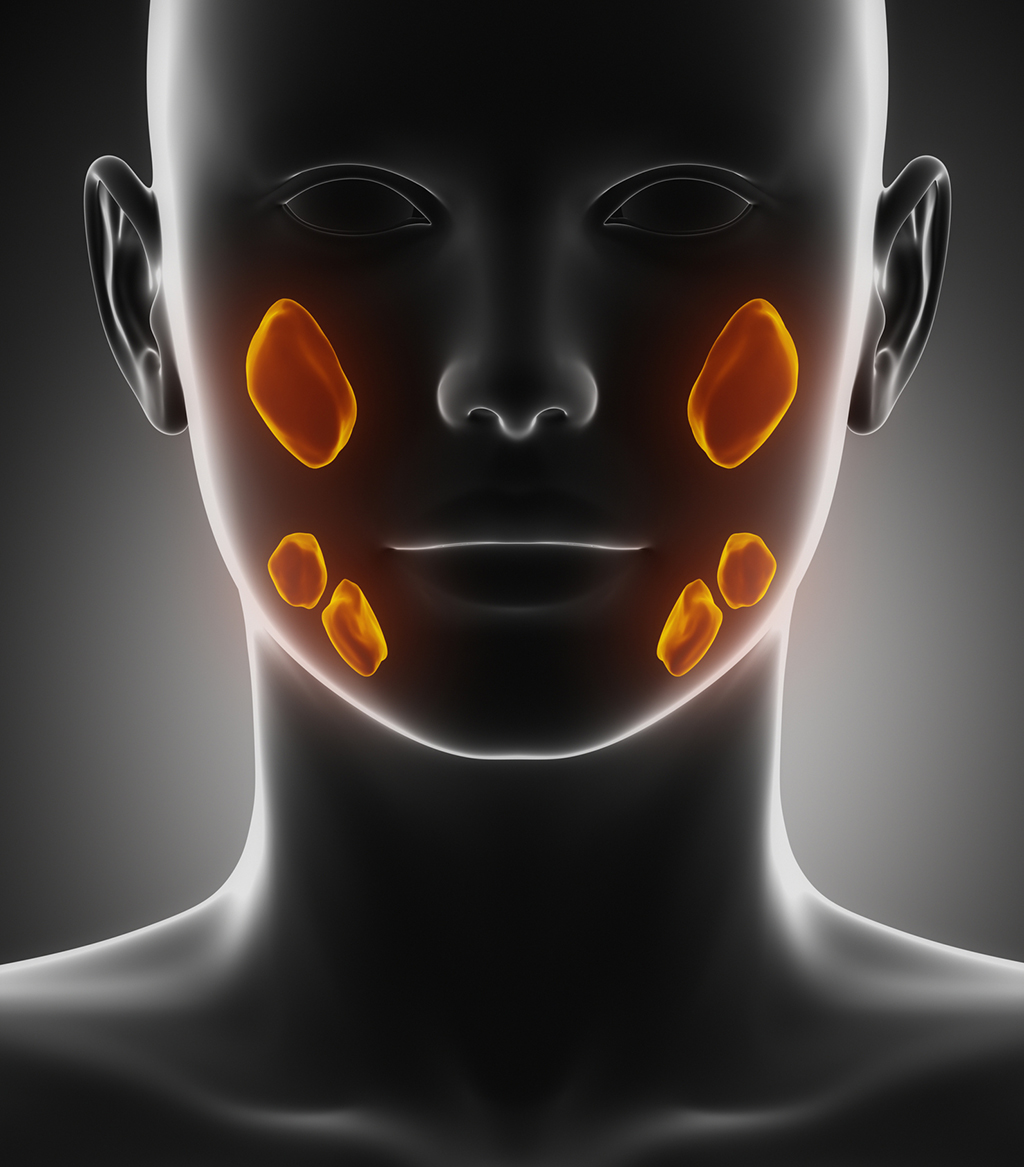
Top Oral Surgeon for Salivary Gland Issues | Frisco, TX
Photo By janulla at istock
Dr. Eftekhari is an oral and maxillofacial surgeon serving Frisco, TX and the surrounding communities. At NextGen OMS, we provide a full range of oral surgery options, including disorders of the salivary glands. Learn more about what oral surgeons do and how our surgeon can assist with salivary gland blockages and other issues.
What Is an Oral Surgeon?
These doctors go through years of additional schooling and training in oral and maxillofacial surgical procedures. This training includes hospital-based residencies for treating tissues of the mouth, jaw and face. Cosmetic and emergency medicine are an important part of training for this specialization. They also developed their diagnostic and treatment skills in all areas of jaw and facial pathologies and surgeries.
The maxilla or upper jaw is the primary hard tissue involved in oral surgeries. Because it forms the main architectural component of the face, oral surgeons must be extremely aware of how their work will impact the nasal cavities, hard palate, and eye sockets. Along with surgical training, these medical professionals also develop specializations in order to become more effective for their clients.
What Salivary Gland Problems Does a Surgeon Treat?
Patients come to us for a number of conditions including problems with their salivary glands. This could include blockages due to a salivary stone or an infection. Dr. Eftekhari diagnoses and corrects problems associated with these glands. When possible, a nonsurgical solution is used. However, there are times when surgery is the best way to find and remove blockages and stones.
Sometimes, the surgeon will recommend removing the submandibular gland, which requires an incision below the jaw. It may surprise you to learn that you have salivary glands located in your mouth, neck and face. To maintain proper oral health, be sure to drink plenty of liquid leading up to the surgery and during your recovery. Dehydration can also cause certain disorders of the salivary glands.
There are several salivary glands including the following:
- Parotid: located under your ear and in the cheeks
- Submandibular located under the jaw
- Sublingual located under the tongue
All these glands create saliva to keep the inside of your mouth moist and begin the process of food digestion. Saliva also helps clean the teeth and prevent decay. There are many salivary glands to perform these vital functions. However, this also creates ample opportunity for salivary gland disorders to develop.
Symptoms of Salivary Gland Disorders
Here’s a list of symptoms that something may be wrong with your salivary glands:
- Blocked saliva flow
- Pain in the gland(s)
- Repeated infections
- Growths or lumps in the face or neck
- Difficulty eating
- Swelling in the cheek and neck
Treatment Options Available With an Oral Surgeon
If you or your doctor suspect an issue with the salivary glands, they may send you to NextGen OMS for consultation with our oral surgeon. As part of the initial visit, Dr. Eftekhari may numb salivary ducts and open up the ducts through dilation to encourage a stone in the gland to pass. Imaging technology such as ultrasound can also reveal calcification and other problems in your salivary glands.
If any of these techniques reveal a mass in one of your salivary glands, you may also receive an MRI or CT scan to further diagnose the issue. At other times, Dr. Eftekhari may use a fine needle to take a biopsy of a suspicious looking mass. Once in a while, the surgeon may use dye injected into the parotid salivary duct to take a closer look at your glands in an x-ray. Endoscopes can also shed light on issues with your salivary gland and help the doctor form a diagnosis and treatment plan for obstructions and other problems. A biopsy of the salivary glands can also diagnose certain autoimmune disorders.
There are two main categories of salivary gland treatments from an oral surgeon, surgical and medical. When at all possible, Dr. Eftekhari chooses non-surgical treatment of your disorder. For conditions due to disease, there may be an underlying problem that requires treatment. This may involve consultation with other specialists. If you have an obstruction or infection in your salivary glands, the surgeon can prescribe antibiotics to see if this resolves the issue. Increasing your fluid intake can also help prevent and alleviate problems with salivary glands.
If tests or an examination reveal a mass in the salivary gland, the surgeon may recommend immediate removal. This depends on whether the mass affects your ability to speak, breathe or eat. It also depends on whether or not the mass is benign or malignant. Malignant masses in the parotid gland are easier to remove while maintaining the nerves and structure of the face. Surgery for masses in glands located throughout the facial structure may impact your appearance.
In some cases, you may need radiation treatment to ensure that all cancer cells have been destroyed. Radiation treatment may begin within four to six weeks following the surgery and once the healing process has progressed sufficiently.
We treat benign masses using conservative measures to prevent scarring and other deformities that affect your appearance. However, if a lump in your salivary gland enlarges and affects your ability to speak, swallow or eat, you may need surgery to remove the mass and recover functionality in the area.
Oral Surgeon in Frisco, TX
Contact our NextGen OMS office today to make an appointment with a highly qualified oral surgeon in Frisco, TX. Our oral surgeon has many years of experience across a wide range of oral surgical needs. We welcome referrals and new clients in need of our skills and specialization throughout Texas and the surrounding states, such as Oklahoma.


